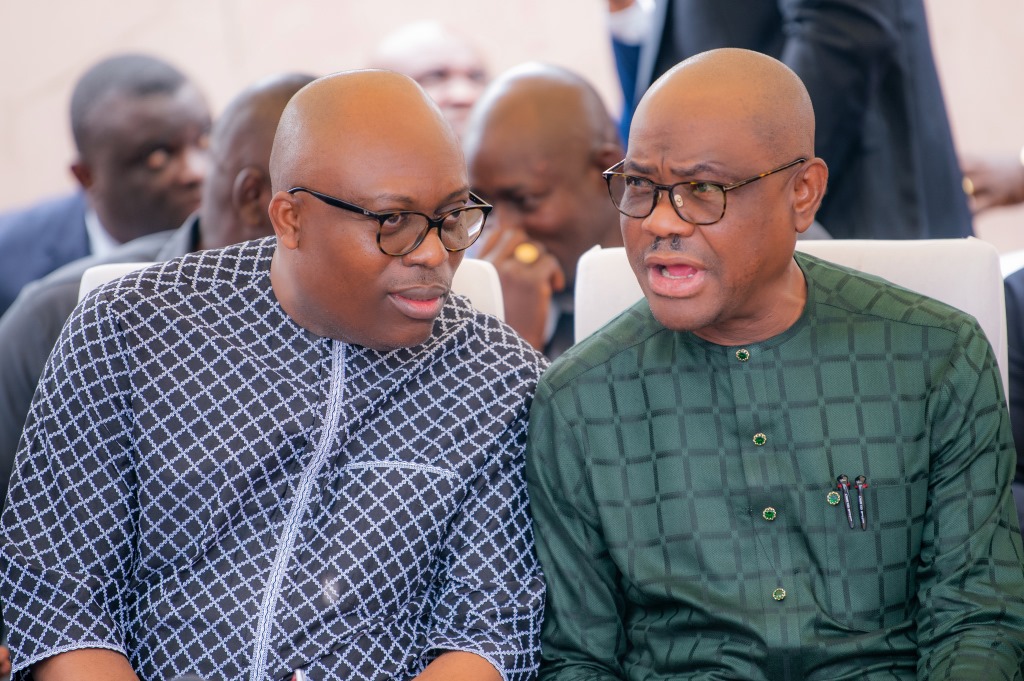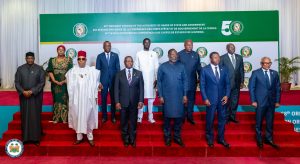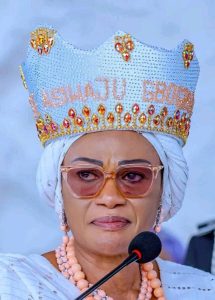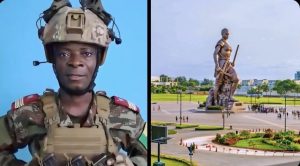In a development that has sparked widespread concern, the recent peace agreement between Rivers State Governor Siminalayi Fubara and his predecessor, Nyesom Wike, now Minister of the Federal Capital Territory, is raising questions about its true nature and implications for the oil-rich state. Brokered by President Bola Ahmed Tinubu during a late-night meeting at the Presidential Villa in Abuja on 27 June 2025, the deal was initially hailed as a breakthrough to end the protracted political crisis that has paralysed governance in Rivers State. However, emerging details and statements from Governor Fubara suggest that this so-called peace deal may be little more than a sharing agreement benefiting one faction at the expense of the state’s resources.
Governor Fubara, addressing supporters after the agreement, expressed a troubling shift in stance, stating that he could no longer “stand against Wike” to defend the people of Rivers State, opting instead to succumb “in the interest of peace.” This admission has fuelled speculation that the peace deal prioritises political expediency over the welfare of Rivers State’s citizens. Critics argue that the agreement appears to be a settlement designed to appease Wike and his allies, potentially allowing unchecked access to the state’s substantial financial resources.
The lack of transparency surrounding the terms of the deal has only deepened public unease. Neither Fubara nor Wike has disclosed the specifics of what was agreed upon in Abuja. This opacity has led to accusations that the peace deal is a veiled arrangement to divvy up Rivers State’s wealth, with one political analyst describing it as “a peace of the graveyard” that silences dissent and enables exploitation. Former prominent Rivers State citizen has gone further, labelling the deal “a betrayal of the people of Rivers State,” pointing out that Fubara attended the peace talks without key allies or stakeholders, suggesting a personal negotiation rather than a people-driven resolution.
The political crisis in Rivers State, which has raged for over a year, has already delayed critical development projects and disrupted governance, as Fubara himself acknowledged. While the governor expressed optimism that the reconciliation would accelerate project implementation, many residents remain sceptical. The sight of Wike, Fubara, and Rivers State House of Assembly Speaker Martins Amaewhule together at a funeral in Rumuepirikom on 28 June 2025, just days after the Abuja talks, was meant to signal unity. Yet, for many, it underscored the consolidation of power in the hands of a single faction.
The concept of peace in Rivers State is now under scrutiny. Is this peace a genuine step towards stability, or is it a euphemism for a political settlement that entrenches the influence of one man and his loyalists? Critics argue that the term “peace” is being weaponised to blackmail those who continue to advocate for the protection of Rivers State’s resources against what they describe as “political criminals” intent on plundering the state’s wealth. The absence of traditional rulers, Ijaw leaders, and Fubara’s key supporters at the peace talks has further fuelled perceptions that the deal serves narrow interests rather than the broader public good.
As Rivers State grapples with the fallout of this agreement, Nigerians are left demanding answers. What exactly does the peace deal entail? Are there provisions that safeguard the state’s resources, or is it a carte blanche for one faction to dominate? Until Fubara and Wike provide clarity, the people of Rivers State may well wonder whether this peace is a step towards prosperity or a surrender to those seeking to dismember the state’s wealth for personal gain.






